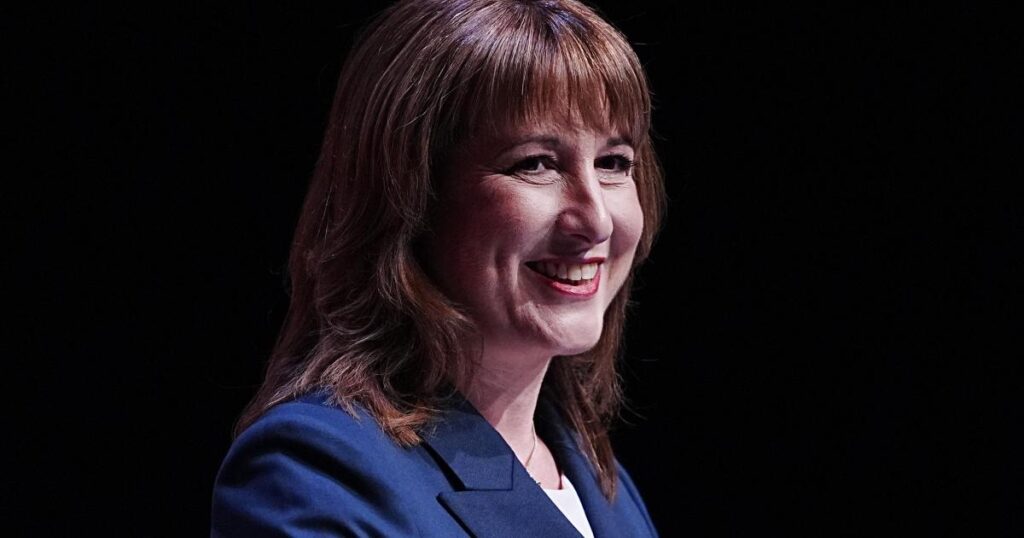In a filmed address ahead of the Budget, the Chancellor said the Government had started to see results in the past year with “wages rising faster than inflation, hospital waiting lists coming down, and our economy growing faster and stronger than people expected”.
“But I know there is more to do,” she said. “I know that the cost of living is still bearing down on family finances, I know that people feel frustrated at the pace of change, or angry at the unfairness in our economy.
“I have to be honest that the damage done from austerity, a chaotic Brexit and the pandemic were worse than we thought.
“But I’m not going to duck those challenges, and nor will I accept that our past must define our future. It doesn’t have to.”
She described the Budget as being for “the British people” and said the Government would work with them to “build a fairer, stronger and more secure Britain”.
Tony Redondo, founder at Newquay-based Cosmos Currency Exchange, said: “Keeping income tax and NI unchanged provides immediate relief to take-home pay during the cost-of-living squeeze, but if we’re not raising these taxes but still need revenue, the money must come from somewhere—stealth taxes through frozen thresholds, higher VAT, or service cuts.
“Since 1997, the UK public sector has expanded from 37.5% to around 45% of the economy. The tax burden is at its highest since the late 1940s. Rather than endless arguments about spending allocation and subjective notions of ‘fairness’, the UK needs fiscal discipline.”
Pete Mugleston, mortgage advisor and managing director at Derby-based onlinemortgageadvisor.co.uk adds: “This time around, Reeves has avoided touching income tax and NI by assembling a patchwork of alternative revenue-raising measures to plug the fiscal hole created by weak growth and rising unemployment.
“The financial markets will worry about the unpredictability of these smaller, behaviour-driven taxes. When you rely on measures that change how people buy, sell or invest, the revenue is far less stable. If Labour cannot steer the UK out of its productivity slump, Reeves may be forced back to the despatch box year after year searching for new tax tweaks until voters eventually lose patience.
“A credible growth plan and serious action on public sector efficiency would provide far more stability than shuffling the tax burden around the edges.”
Colette Mason, author and AI consultant at London-based Clever Clogs AI agrees: “The freeze on income tax and NI felt like a win for low paid workers, but only on the surface. Fiscal drag was still doing the real work. It was belt tightening by stealth, not public-spirited generosity.
Recommended reading:
“Could the UK afford it? Not without growth. The hotch potch of new measures simply adds more complexity and another puzzle for loophole seekers to solve. Labour had already run out of road on squeezing low earners and ‘mom-n-pop’ businesses. Raising taxes is the easiest lever, but it is blunt, slow and increasingly unfair when wages stagnate and productivity flatlines.
“The only sustainable route was growth: fixing the UK’s chronic productivity problem, modernising creaking public systems and backing, not burgling, SME bank balances.
“Workers need an economy that grows again, with productive humans supported by world beating AI for human centred collaboration, not replaced by it just because a corporate office copilot conveniently dodges income tax and NICS.”




